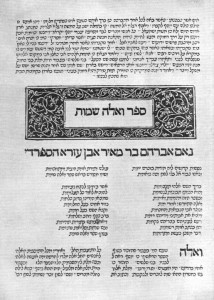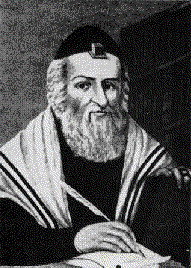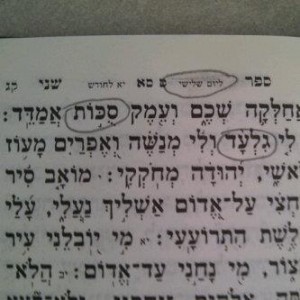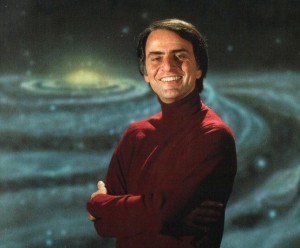Avraham ben Meir ibn Ezra (1089 – c. 1167 CE) was a world-renowned scholar born in Tudela, Spain. He became famous at an early age for both his beautiful poetry and philosophical genius. In 1140, ibn Ezra (also known as Abenezra) left Spain and began a fascinating journey that took him across North Africa, to the Holy Land, back through Europe, Italy, France and England. It was during this time that he wrote most of his famous works, including some of the first Hebrew grammar books, and a commentary on the entire Torah and Tanakh. His commentary contained such depth that subsequently many commentaries were written on ibn Ezra’s commentaries! He is famous for his rationalism and logic; in religious matters, too, sometimes even criticizing sacred texts. Not surprisingly, he was also a scholar of mathematics and science, writing several treatises on astronomy, arithmetic and even a manual for using an astrolabe. He is credited with being among the key figures who introduced Europe to the Indian system of mathematical symbols and decimal fractions (still used to this day). Ibn Ezra’s poetry continues to be recited around the world, in both translations and the original Hebrew and Arabic. Among other titles, he has been called “ibn Ezra the Great” and the “Admirable Doctor”. The lunar crater Abenezra is named after him.
Words of the Week
Words are the pen of the heart; song is the pen of the soul.
– Rabbi Schneur Zalman of Liadi




